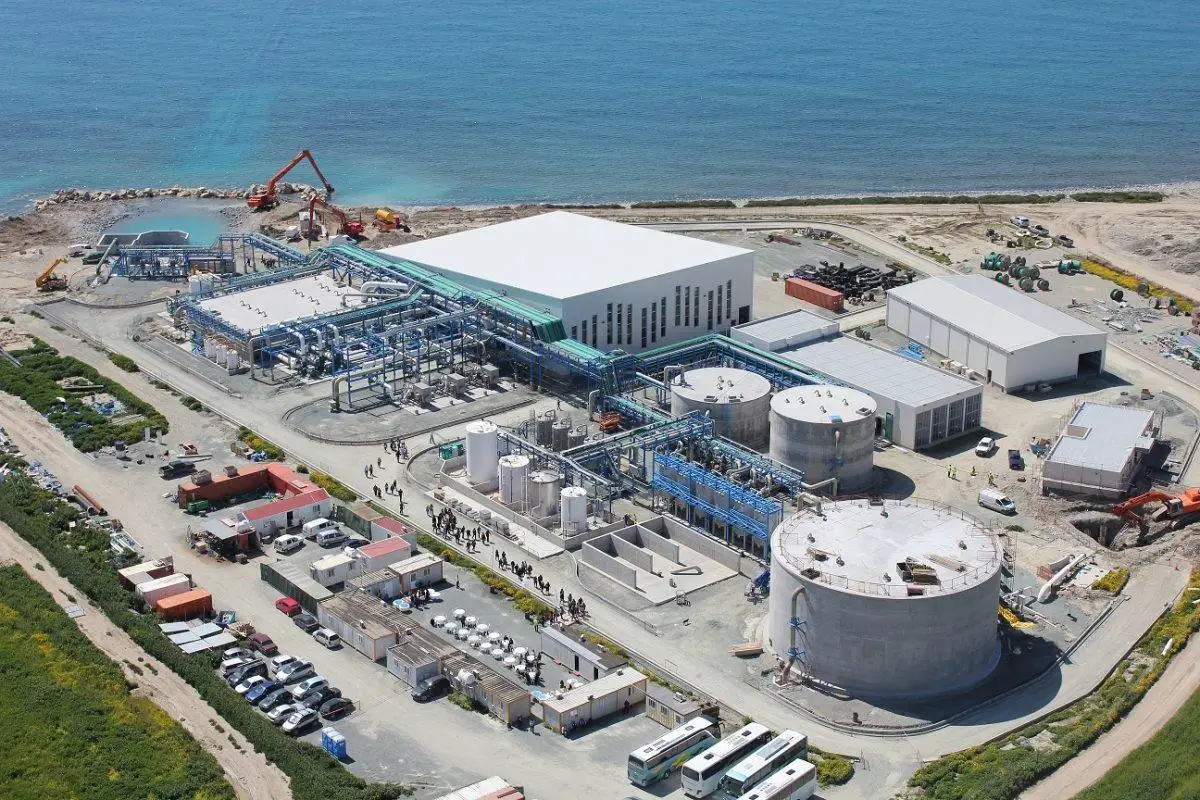The Moroccan authorities has announced that construction of Sidi Ifni desalination plant is set to begin following German development agency, Kreditanstalt für Wiederaufbau (KfW) granting US $34m loan for the construction.
The loan agreement was signed in March 2019, but the Moroccan authorities only very recently announced it in the official gazette. The funds will see construction of six coastal boreholes for seawater pumping.
All the boreholes will provide 225 litres of water per second, which will be conveyed to the plant through a pipe with a diameter of between 250 mm and 500 mm over a distance of 4.4 km.
Also Read:Egypt allocates US $75m for construction of two desalination plants
Sidi Ifni desalination plant
The water will then be treated by reverse osmosis in the desalination plant with a production capacity of 100 litres per second. The plant’s capacity will be extended to 200 litres of water per second in the near future.
Drinking water from the plant will follow a 1.5 km pipeline before reaching a 500 m3 capacity reservoir. The project also includes the installation of a pipe with a diameter of 400 mm to 500 mm and a length of 60 km. The water will also once again be stored, this time in a loading tank with a capacity of 100 m3.
The project will be of immense benefit as it will help to secure the drinking water supply for the populations of the urban areas of Sidi Ifni, Tiznit and Tlat Lakhssa, where water is a scarce commodity.
Integrated Urban Water Management Project
The desalination project will additionally support the transition to integrated water management in urban areas as well as provide drinking water in the rural municipalities located on the Atlantic Coast in the northern region.
All these achievements are part of Component 2 of the Integrated Urban Water Management Project. The latter also concerns the securing of drinking water supplies in the urban area of Al Hoceima on the northern coast of Morocco, the securing and supply of drinking water to the city of Tarfaya and the rural municipality of Tah in the southwestern of the kingdom, as well as institutional support for good integrated water governance.

